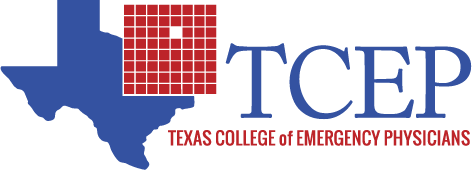Legislative UpdateApril 2022
“If you wait until January to figure out what the Legislature is up to — to get to work on the things you want done and the things you want to stop —you’re too late.” That quote comes from The Texas Tribune’s Ross Ramsey, and it could not be truer. There may be 278 days until the 88th Texas Legislature begins, but preparations are well underway now that the House and the Senate interim charges have been released. Issues selected for study during the interim gain increased visibility and are more likely to be on the policy agenda for the next session. These charges are selected by the Speaker of the House and Lt. Governor. Speaker Dade Phelan (R-Beaumont) released the House’s interim charges and announced the creation of a Select Committee on Health Care Reform in mid-March. Lt. Governor Dan Patrick (R) released the Senate’s interim charges in early-April. According to the Lt. Gov’s Office, more than 600 requests for interim charges were submitted. His office narrowed that list down to 84 charges for thirteen Senate committees to study before the 88th Legislative Session kicks off in January 2023. There are five House committees that we will be engaging with over this interim: House Select Committee on Health Care Reform; House Appropriations; House Insurance; House Human Services; and House Public Health. On the Senate side we will primarily be engaging with the Senate Finance, Business & Commerce, and the Health & Human Services Committees. Regarding healthcare, the House committees have been directed to study evergreen issues like access and affordability, price transparency, and Medicaid funding. Others will be monitoring the implementation of bills that have been passed and are in the implementation phases like preauthorization and utilization review, telemedicine, and balance billing reforms. However, the direction for the Speaker’s Office to study things like mandated coverage of services by insurance carriers, information technology interoperability, and any-willing-provider requirements demands additional vigilance from physicians. The Senate’s charges focus more on the state’s 1115 waiver and mental health priorities. In any event, there will be ample opportunities to share the emergency medicine perspective over this interim with legislators, regulators, statewide officials, and their staff. The interim is an ideal time to develop relationships with your local legislators and we would be happy to help you connect with them. It is also important to remember that we are still in election season. Several legislative and statewide candidates have runoff elections on May 24, and voters have until April 25 to make sure they are registered to vote in that runoff election. Then there will be a small break for the campaigns until we get closer to the November 8 General Election. |

